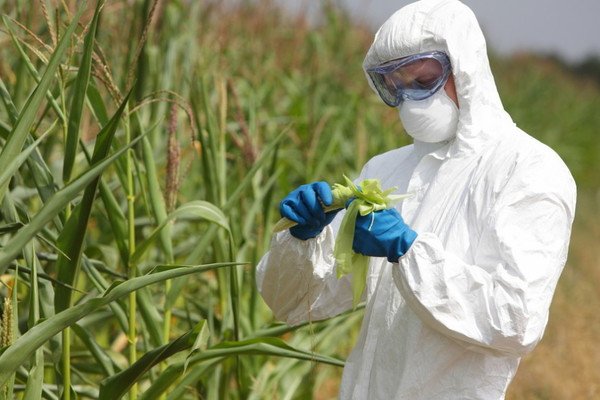Introduction
Agriculture is at the forefront of a global transformation driven by biotechnology. Recent advances in this field have ushered in a new era of precision farming, improved crop yields, and sustainability. Biotechnological approaches in agriculture are helping to address the challenges of a growing global population, climate change, and the need for more efficient resource utilization. In this article, we will explore some of the recent biotechnological breakthroughs that are revolutionizing agriculture.
Genetically Modified Organisms (GMOs)
Genetically modified crops have been at the forefront of biotechnology in agriculture for several decades. GMOs are created by introducing specific genes into plants to confer desirable traits such as resistance to pests, tolerance to herbicides, and increased nutritional value. Recent innovations include crops engineered to withstand drought, reduce post-harvest losses, and produce vaccines or pharmaceuticals.
CRISPR-Cas9 Gene Editing
The development of CRISPR-Cas9 technology has opened up exciting possibilities in agriculture. This revolutionary gene-editing tool allows scientists to precisely modify genes in plants without introducing foreign DNA. It can be used to create crops with improved traits, such as disease resistance, enhanced nutritional content, and increased yield potential. CRISPR-edited crops are already in development for a wide range of agricultural applications.
Precision Agriculture
Precision agriculture utilizes data-driven technologies such as GPS, sensors, drones, and AI to optimize farming practices. Farmers can now monitor soil conditions, crop health, and weather patterns in real-time, allowing for more efficient resource management. This approach reduces input waste, minimizes environmental impact, and increases crop yields.
Vertical Farming and Controlled Environment Agriculture
Biotechnology has enabled the rise of vertical farming and controlled environment agriculture (CEA). These methods involve growing crops in controlled indoor environments with precise control over temperature, humidity, light, and nutrient levels. CEA allows for year-round production, reduced pesticide use, and higher crop yields per square foot, making it an innovative solution for urban farming and food security.
Biofortification
Biofortification involves enhancing the nutritional content of crops to combat malnutrition and improve public health. Through biotechnology, crops like rice, wheat, and cassava have been developed with higher levels of essential nutrients such as vitamin A, iron, and zinc. These biofortified crops have the potential to alleviate nutrient deficiencies in vulnerable populations.
Sustainable Pest and Disease Management
Biotechnology is playing a crucial role in developing sustainable pest and disease management strategies. This includes the use of genetically engineered crops that produce insect-repelling compounds, reducing the need for chemical pesticides. Additionally, biotechnology is helping to develop disease-resistant crop varieties through selective breeding and genetic modification.
Conclusion
Recent biotechnological approaches in agriculture are driving significant advancements in crop production, sustainability, and food security. These innovations offer solutions to some of the most pressing challenges facing agriculture, including climate change, resource scarcity, and malnutrition. As biotechnology continues to evolve, it is essential to balance its benefits with responsible regulation and ethical considerations to ensure that agriculture remains a force for positive change in the world. With continued research and development, biotechnology promises to transform farming practices and contribute to a more sustainable and food-secure future for our planet.

